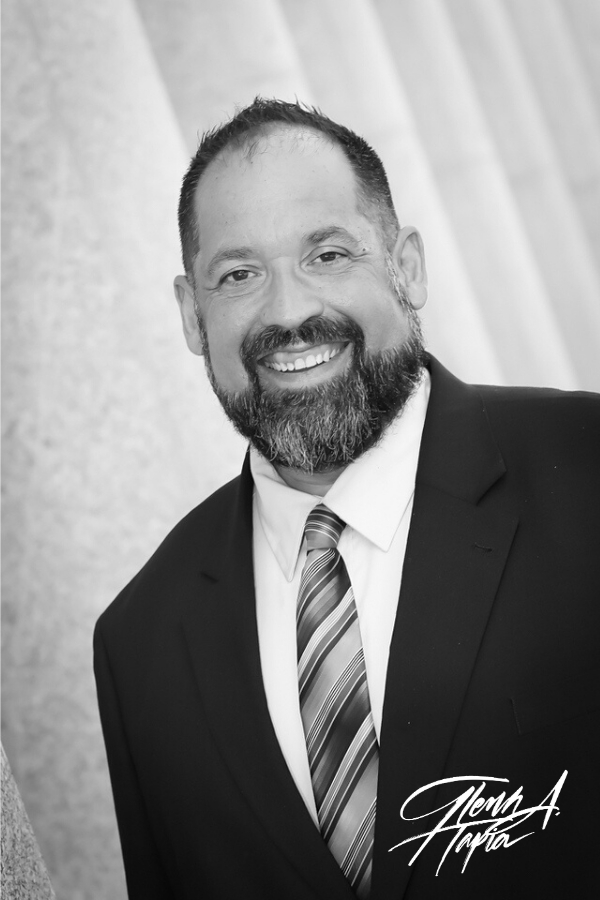We caught up with the brilliant and insightful Glenn Tapia a few weeks ago and have shared our conversation below.
Glenn, thanks for taking the time to share your stories with us today What do you think Corporate America gets wrong in your industry? Any stories or anecdotes that illustrate why this matters?
In the field of criminal and juvenile justice, corrections, and even behavioral health, we suffer from the concept of “Change Enervation” – that is, when organizations grow in size, scope. and complexity while simultaneously being deprived of evidence-based methods to achieve meaningful organizational change. The field suffers from very rigid and threatening hierarchies, technocratic problem solving, and myopic mindset habits, Since COVID 19 (and due in part to the pandemic) I have observed organizations be stuck in their own silence when trying to change and heal from events and accumulated trauma from the last 10-15 years of reform, Leaders are stuck in old mindsets; they are deprived of powerful change tools; and they are immersed in organizational cultures that impede their own growth as change leaders. People often do not feel safe to be their authentic selves; they fear retribution or judgment from others; they submit to a belief that taking interpersonal and organizational risks will result in no meaningful change. And sometimes, they are not wrong. Yet, I see these as symptoms and not just as problems. I see these as dynamic areas that a new generation of organizational and thought leaders can address in partnership. And I see that as my divine purpose – that is, to lead others to lead and disrupt the patterns and habits of organizational trauma, inhospitable cultures, maladaptive leadership; and poor mindset habits that trap us unto inertia and pain. I see it as my purpose to lead new thoughts, lead new hearts, and to learn from the thought partnership with others to elevate our field and eachother.
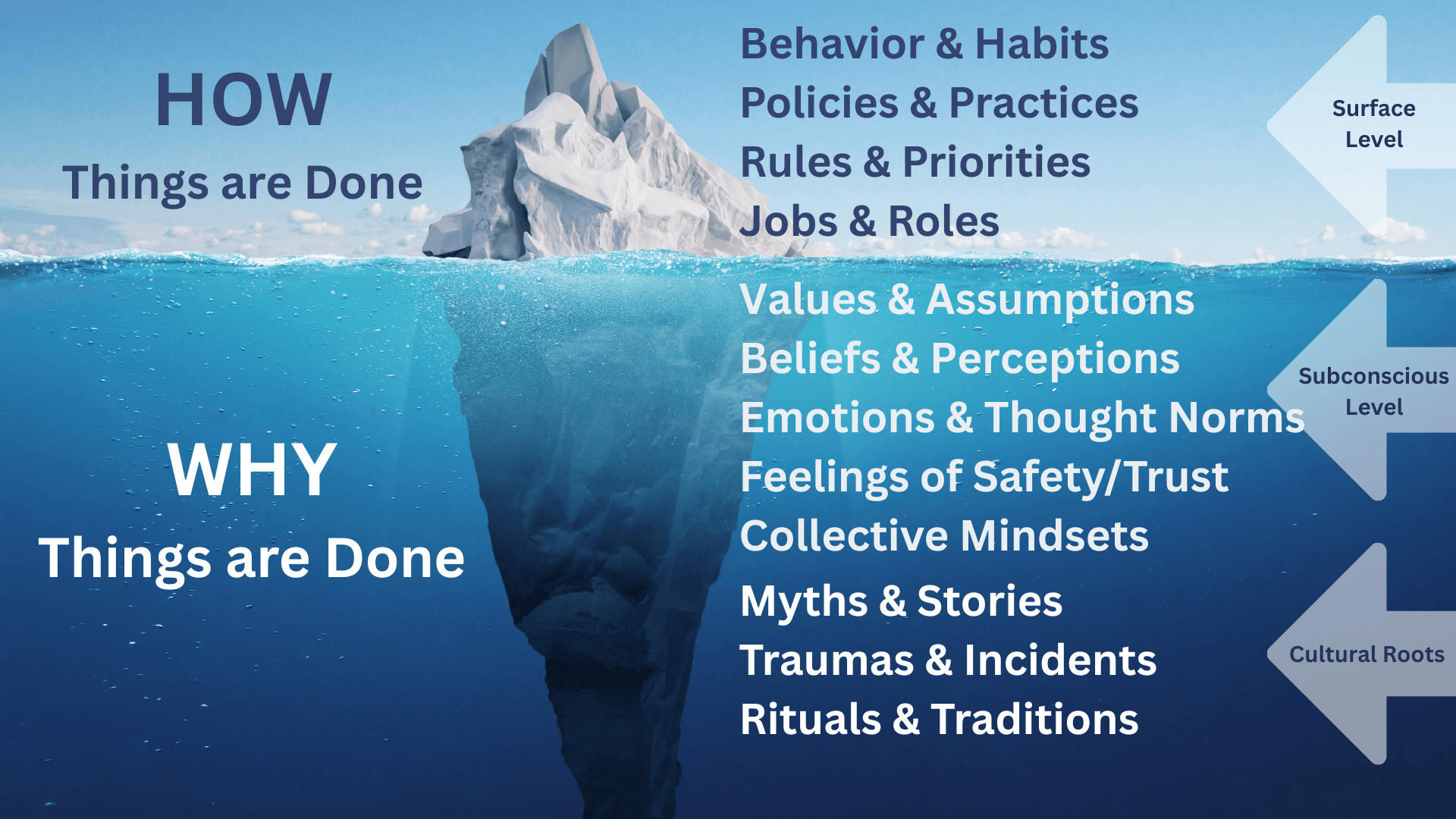
As always, we appreciate you sharing your insights and we’ve got a few more questions for you, but before we get to all of that can you take a minute to introduce yourself and give our readers some of your back background and context?
I begun my career in criminal justice and correction at the age of 18 in 1987. I have since worked exclusively in the the field from line level positions in correctional settings to executive leadership positions in one the largest community supervision agencies in the Rocky Mountain Region. Going into my 38th year now, I have learned from my mistakes and setbacks and have resolved to share my learning forward.
My story originates from a leadership journal I was keeping in my first position as a formal leader in the justice setting. After 9 years of journaling my experiences from large-scale reform, change, and implementation of new innovations, I harvested some meaningful lessons from my 9-year record into 10 Essential Principles of Implementation Leadership. The Principles were published in a Federal Probation Journal and my team and I travelled the country sharing the learning with people and developed a virtual learning academy for people to metabolize the principles and practices of leadership that are aligned with the implementation research. Into our talks and leadership academy, I infused new research and existing research from which our justice leaders seem deprived. And the experience illuminated an abundant cornucopia of new opportunities to elevate others and their organizational leadership. Doing a deep dive into implementation leadership revealed new insights, new connections, new relationships, and new innovations that ACJI brings to our field with passion and our divine purpose as individuals.
We now advance emerging leaders with evidence-informed leadership; with implementation science; with organizational development; and with learning about psychological safety, culture, and organizational trauma. We elevate the notion of ‘organizational intelligence’ with thought leadership, thought partnership, and with disrupting old mindsets that “trap” our leaders into inertia. Ultimately, our product is HOPE, WISDOM and TALENT for meaningful organizational change and well-being.
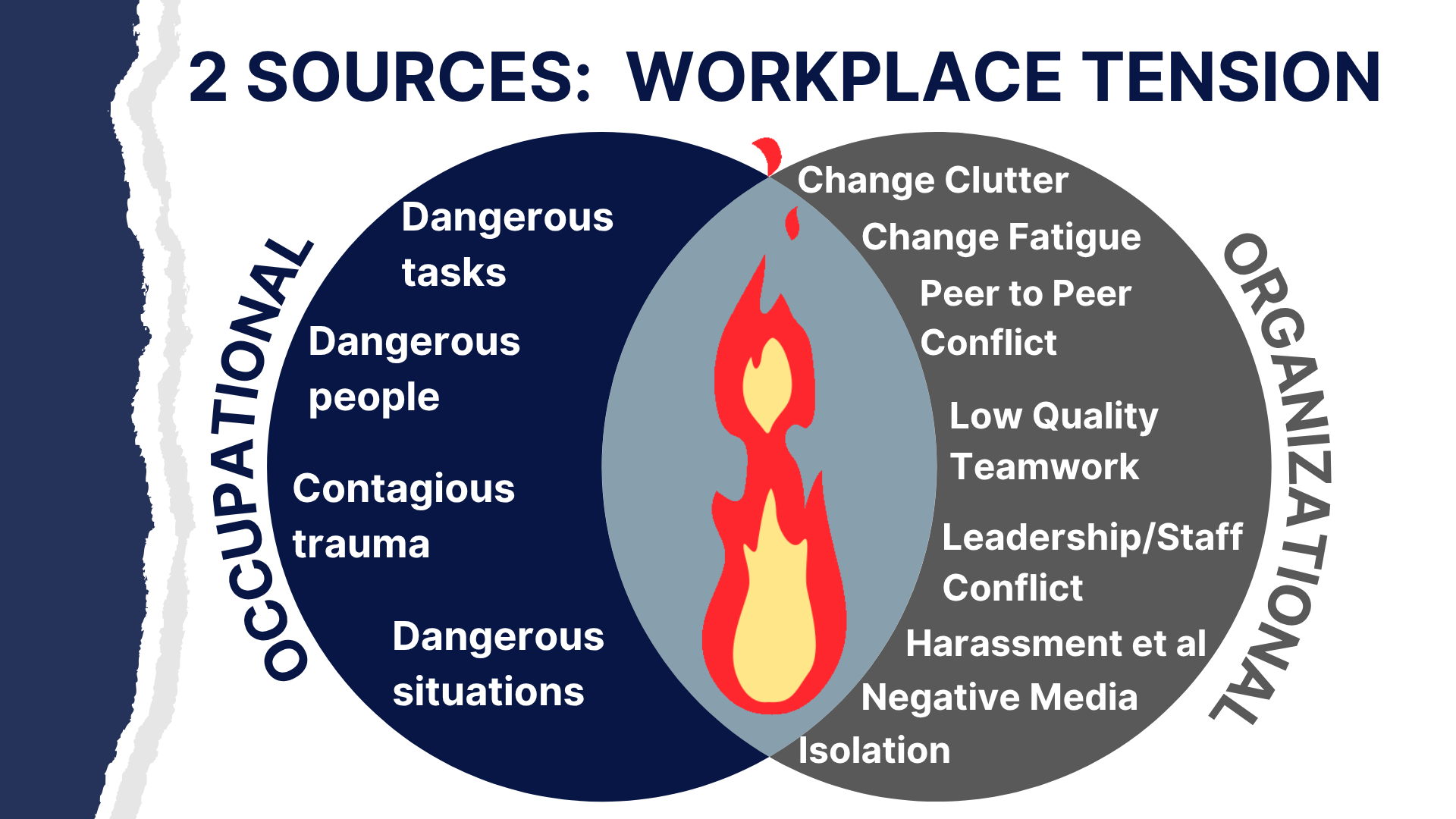
Can you share a story from your journey that illustrates your resilience?
My story is a personal one and one of mindset. In 2016, I suffered a life-changing paraplegic injury that left me with a 84% chance of never walking again and being confined to wheelchair for the rest of my life. While the injury occurred at work, it was a life injury that would eventually leave me hospitalized for 4 months with only my thoughts and beliefs to explore in captivity. I felt as I was imprisoned in a hospital bed and having to face my own inner turmoil and traumas and my own capacity to change. I had to face my own mindset issues; my own thought limits; my own assumptions; and my own motivations to heal and recover and to walk again. Rather than to focus on the 84% chance metric, I chose to elevate the 16% chance of actually recovering. I chose to focus on the ideal state (walking again) rather than the problem state (84% chance of failure). I learned to elevate that 16% chance statistic to 16.2%; to 16.4%, to 17%; to 18.1%, and so on. The change in mindset changed my course in recovery and success. While I was once told by physicians, specialists, surgeons, and staff that I would never take stairs again, I do them now, in 2025, for fitness purposes. When I climb the stairs, I am reminded that my mindset controls the outcome. And now I am resolved to apply that professionally. My injury was a blessing – a metaphor for my work. It was a lesson for me to apply in my deepest personal purpose which is to elevate others that elevate me.
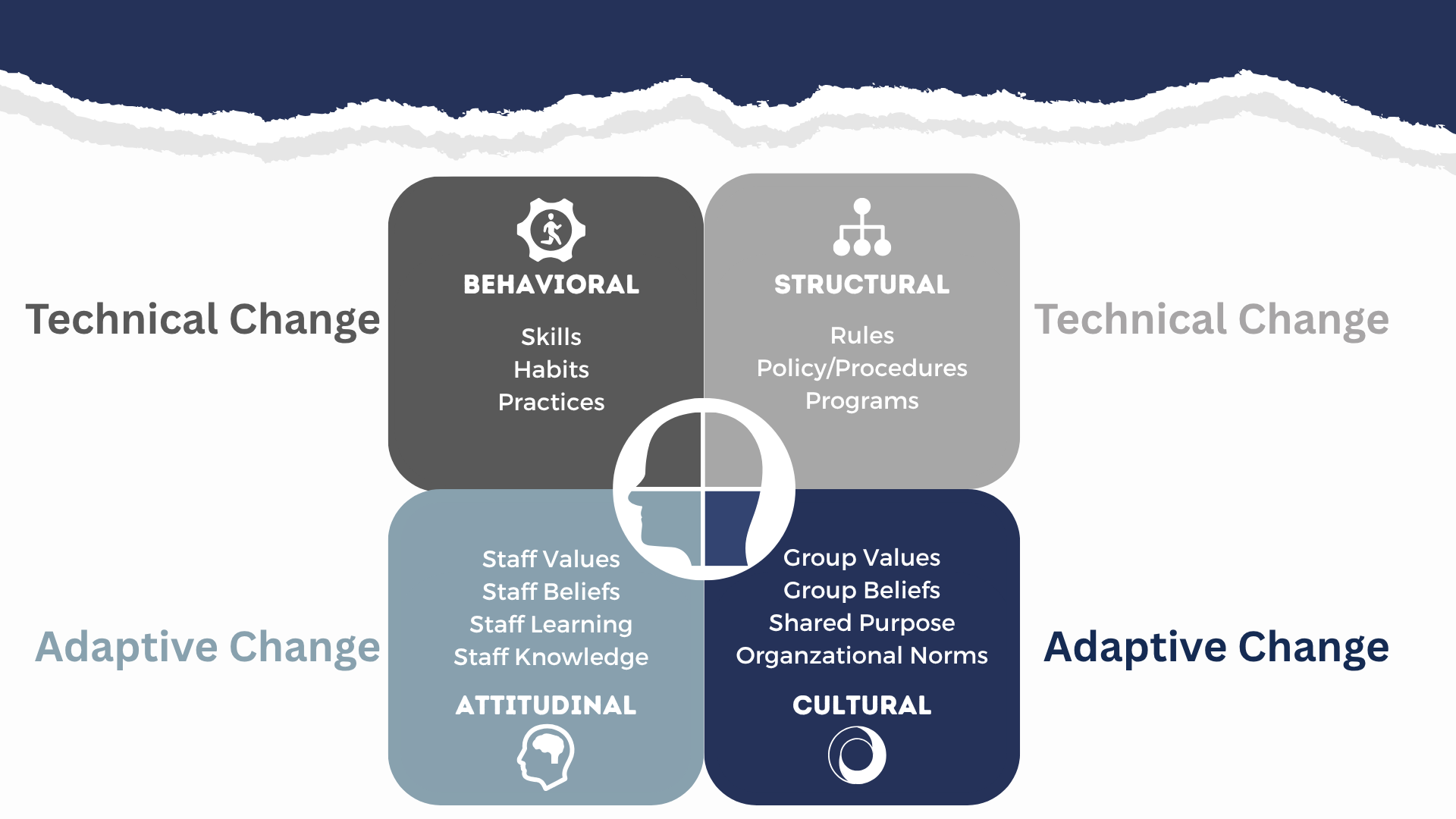
What’s a lesson you had to unlearn and what’s the backstory?
I had to learn, the very hard way, that top-down and outside-in change doesn’t work. My field has always been taught that people naturally resist change. I learned that was not completely true. People don’ t resist change; rather, they resist BEING changed by someone else and without their permission. I learned that outside-in and top-down change for people is loss – of control, of belonging, of purpose, and of relevance. I had to unlearn the fictional power of ‘power’ and learn the authentic power of autonomy and belonging. I had to unlearn the power of management, and learn the impact of real leadership and inside-out change. I had to unlearn the strength of resilience. In exchange, I learned the power of destigmatizing trauma and the opportunity to de-nobilize martyrdom.
Contact Info:
- Website: https://www.acji.org
- Instagram: glenn.tapia
- Linkedin: https://www.linkedin.com/in/glenntapia

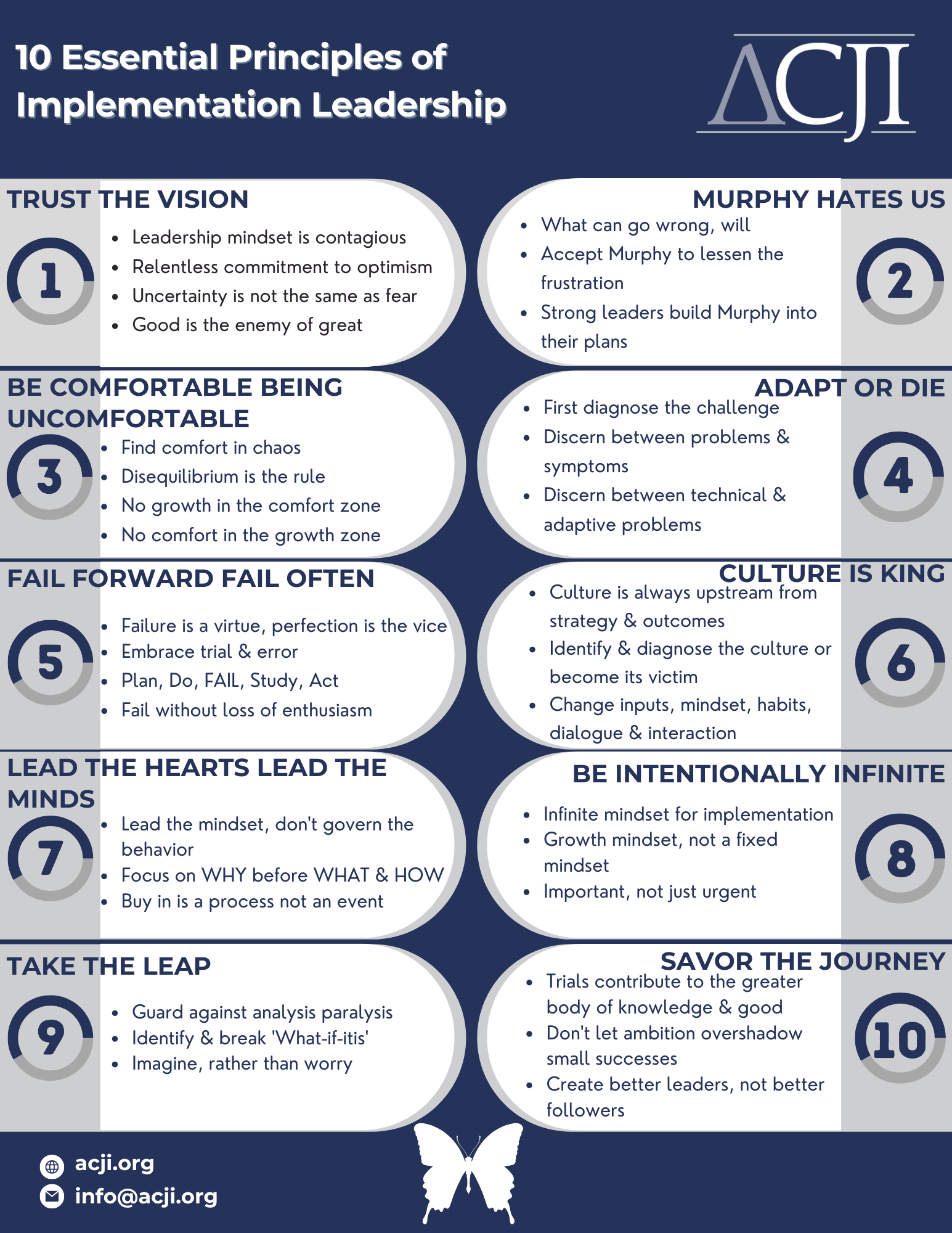
Image Credits
Alliance for Criminal Justice Innovation, dba Alliance for Community and Justice Innovation (ACJI)


